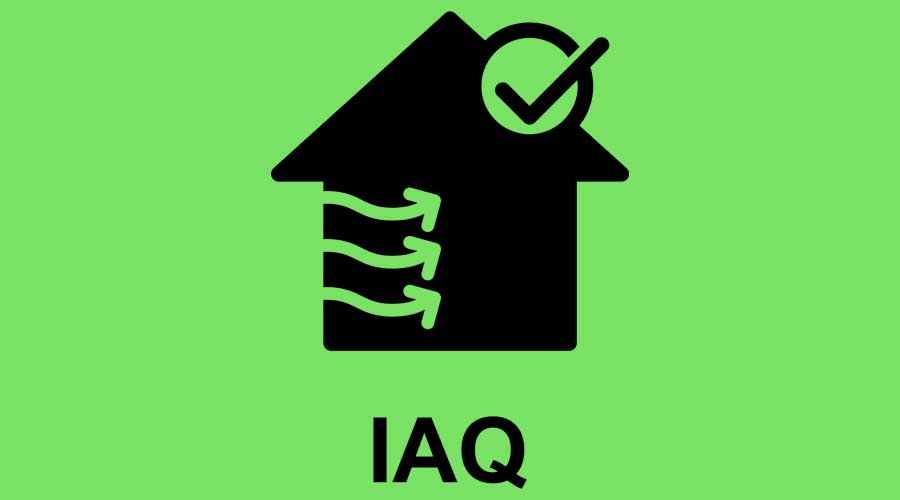
The Global Biorisk Advisory Council (GBAC), a Division of ISSA, has partnered with Allergy Standards Limited (ASL) to create a curriculum designed to help businesses improve indoor air quality (IAQ) and the well-being of building tenants and guests. The U.S. Environmental Protection Agency (EPA) suggests that indoor air can be up to five times more polluted than outdoor air and is getting increasingly worse with negative medical outcomes. This new course, “Healthier Building Awareness with GBAC & ASL,” expands on the “9 Foundations of a Healthy Building” from Harvard University’s publication Healthy Buildings: How Indoor Spaces Drive Performance and Productivity.
“With more than half of sick leave being attributed to poor air ventilation, it’s more important than ever to create healthy indoor environments,” says GBAC Senior Director Dr. Gavin Macgregor-Skinner. “We are excited to partner with ASL to develop solutions that help businesses improve IAQ and the health, comfort, and well-being of all users of the built environment.”
Designed to leverage GBAC STAR Facility accreditation, the course features four modules that educate users on the impact of poor IAQ, how to control pathogens like SARS-CoV-2, challenges of asthma and allergies, and how a building could have multiple triggers that cause low IAQ and illnesses. Upon successful completion, professionals earn a digital certificate from ASL.
“ASL’s mission is to help people breathe healthier air. The launch of the Healthier Buildings Awareness course with GBAC is the first educational program to be brought to the market and designed with the cleaning industry for its stakeholders,” said ASL Chief Strategy Officer Dr. John Ryan. “ASL and GBAC’s ongoing collaboration is a significant step forward in addressing decision making when it comes to environment, social, and governance (ESG) issues of health in the indoor environment and how it impacts individuals’ well-being.”

 The Down and Dirty on Cleaning in Virus Season
The Down and Dirty on Cleaning in Virus Season How Surfactant Use is Expanding in Commercial Cleaning
How Surfactant Use is Expanding in Commercial Cleaning Maximize Your Margins: Learn How to Automate Pricing and Track Rebates
Maximize Your Margins: Learn How to Automate Pricing and Track Rebates